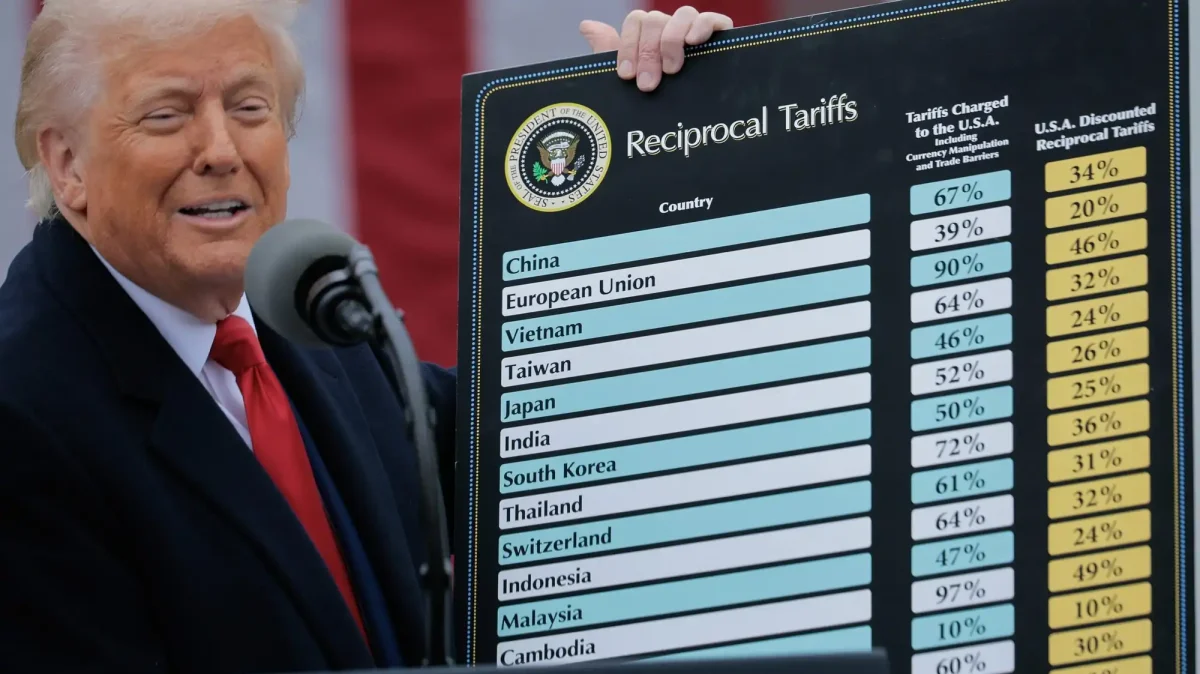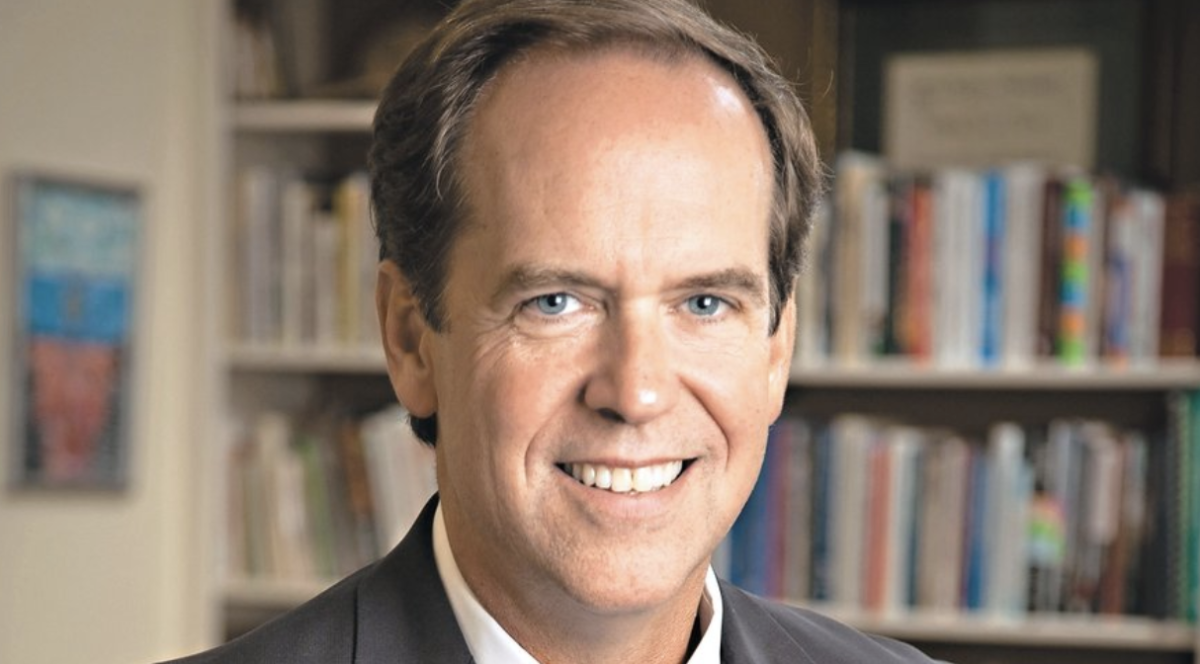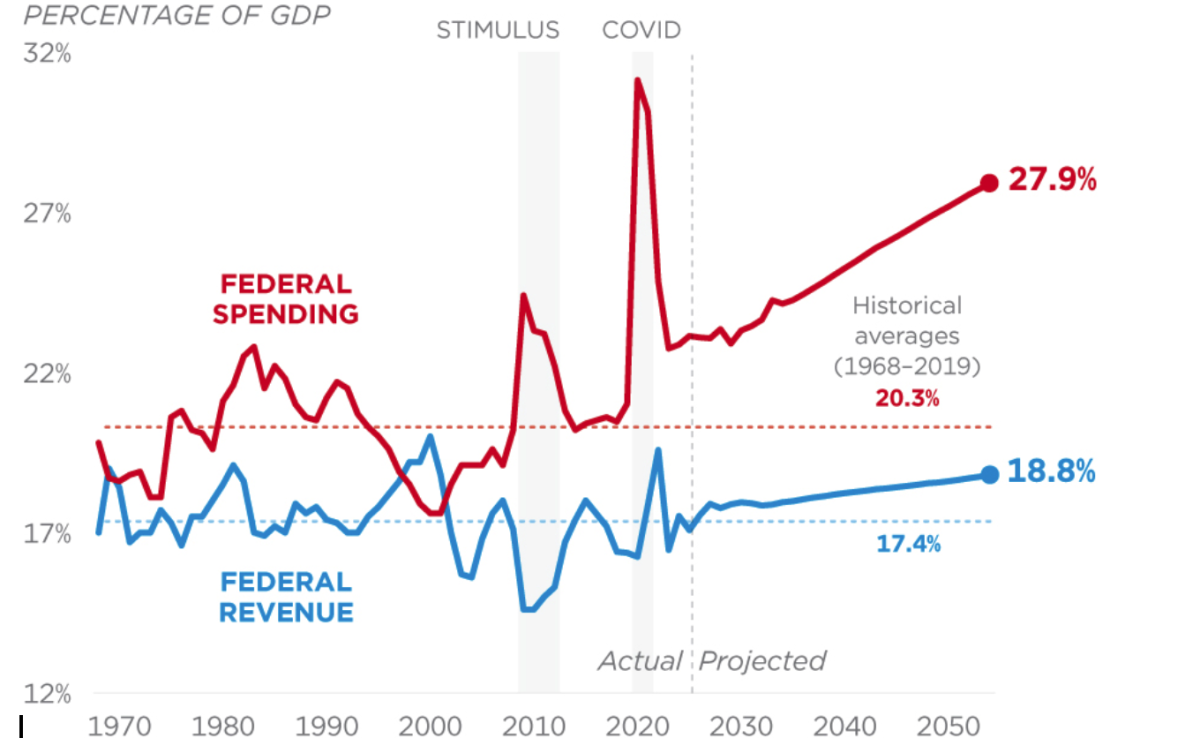Sustainability: it’s a word we probably did not hear too often ten years ago. But now, it’s everywhere, practically inescapable. One cause of the word’s pervasiveness, on Westminster’s campus anyway, is the Environmental Campus Organization (ECO). ECO is a student-led group whose main goal is to spread awareness and increase community knowledge about sustainability. One of the organization’s main projects is to participate in The Green Cup Challenge, which has been an ongoing effort since 2008. This winter, ECO has been turning off the lights, turning down the heat, and helping turn “sustainability” into the ubiquitous campus buzzword it has become.
A national competition, Green Cup involves tracking energy consumption over a period of four weeks, with the goal of reducing schools’ overall energy use. Though the challenge is relatively new, having begun as a competition between a few boarding schools back in 2006, there are now over 100 participating schools across the nation. Along with Westminster, other schools in Georgia taking part include Pace, Lovett, Marist, and Woodward. Each school begins by calculating an individual baseline kilowatt-hour average based on readings from the past three years. For the following four weeks, weekly energy consumption readings are recorded, hopefully displaying a downward trend in energy usage.
With posters, announcements, and emails, ECO advertised various methods for energy reduction. These included turning off computer monitors, turning off lights during class, having class outside, closing blinds, and turning off power strips so that “energy vampires” such as SmartBoards and printers would not waste energy overnight. In September 2010, Westminster made major adjustments to the timing of the heating and air systems, and much of the energy drop was attributed to these changes. Although the students play a big role, the entire Westminster community is encouraged to engage in energy-saving action.
“Teachers have a big impact as well, because they are in their rooms for longer periods of time and can control their energy savings when not having class,” said senior and ECO co-president Mary Brass. “The more involved teachers are, the better.”
This year, a new energy reduction strategy was implemented: Polar Day. Westminster president Bill Clarkson presented the idea to ECO, whose members approved of the concept immediately. On Friday, Feb. 10, one of the final days of the Green Cup Challenge, thermostats were reduced to 60 degrees in order to further reduce energy consumption.
“The thinking behind it was just to put a fun spin on things that can help,” said Brass. “[These kinds of things] can really make a difference.”
Students were encouraged to dress warmly, and warm chocolate and cider were served in the lunchroom as part of the day.
“I thought Polar Day was very beneficial to the school, because it saved a lot of energy,” said freshman Priya Sinha. “It didn’t even feel very cold with a jacket on.”
ECO hoped that Polar Day would serve as a way for students to feel more connected to The Green Cup Challenge.
“A lot of the time, The Green Cup Challenge doesn’t feel very tangible to people because it’s not like money rains from the ceiling when you turn off the lights,” said senior ECO co-president Caroline James. “You don’t see the immediate numbers and environmental impact, so it’s helpful when there are things that we can do to make it look fun and be something visual or sensory. We hoped it would aid in keeping the challenge on people’s minds.”
The final results of the challenge proved to be significant. The initial baseline the school calculated was 644,696 kilowatt-hours per month. By the end of week four, the cumulative energy consumption was calculated at 564, 474 kilowatt-hours, a 12.4 percent decrease from the baseline. Westminster saved almost $7,000, and finished second place in Georgia.
“The results were about what was expected, at least from a facilities department perspective. I helped the ECO students pull our energy usage from Georgia power’s website so I saw the weekly progress,” said Sharon Jaye, the assistant director of Facilities and vice-chair of the Westminster Sustainability team. “The longer the challenge went on, the better we performed. Week three was exceptionally good, pulling us up from a week one result of nine-percent reduction, to a final result of 12.4 percent. That was encouraging.”
Though The Green Cup Challenge is over, ECO encourages the Westminster community to remain active within the sustainability movement.
“I think the importance of the Green Cup Challenge is education,” said Jaye. “We hope that it makes people more aware of energy usage and that the ideas we use during the challenge are used throughout the year, not just for one month.”
ECO’s upcoming activities include the Lexus Eco Challenge, the Public Purpose Fair, a planned “Earth Week,” and a service project based on environmentally friendly laundry detergent for homeless shelters. Whatever their involvements may be, ECO members’ innovative ideas continue to influence the Westminster community.





